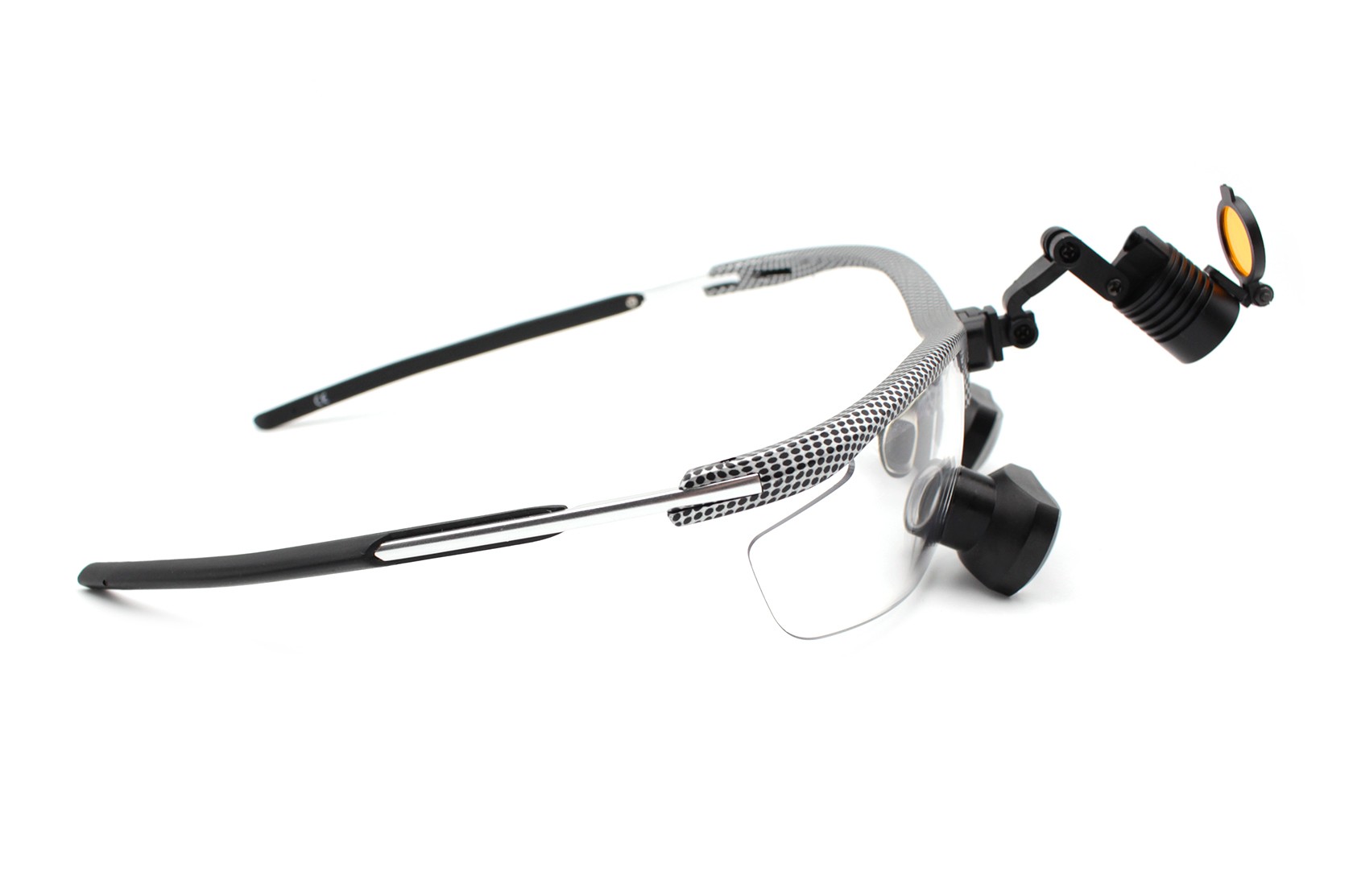Schutz dentistry| Steps to buying an existing practice
As a dental professional, you have a couple of career options to pursue. To name a few, you can either start as a resident dentist in a corporate dental institution, be an associate, build your own practice from scratch, or buy an existing practice.

To buy or not to buy? This is one of the most common questions dental professionals ask before finally buying an existing practice. Before deciding, it is important to do proper planning first, do thorough research about the pros and cons of buying an existing practice, and determine your long-term career goals, making sure that your final decision matches your goals and interest.

Let us say that you have already decided to buy an existing practice, the next thing you need to think about is how you are going to do it. That is, what are the different steps or the process that you need to follow when purchasing an existing dental practice? Here is a quick overview of the process of purchasing an existing dental practice.
Find a practice to buy
There are different ways to find a practice to buy. You can search online, ask some retiring dentists in your locality, or seek help from your colleagues or associates.
Make your letter of intent
Once you already found the practice that interests you, make a letter of intent. The letter of intent should include key points like who is the actual seller or buyer, what is the selling price, who will shoulder the legal and processing expenses, what is included in the selling price, is the building currently on lease or is it for sale, and what will happen to the employees, among others. It is critical to clarify such issues and more first before going through the entire process to avoid problems and conflicts in the future.
Contact reliable professionals
These professionals include an accountant, a dental broker or transition consultant, and lawyer. All of these professionals will help you analyze and deal with all the critical aspects of the practice that you intend to buy, making sure that you are doing the right decision. This includes carefully analyzing the current financial status (like the liabilities, receivables, and assets), and assessing the condition of the equipment (including simple dental tools, devices, and instruments such as the dental loupes, headlights, chairs, and the like), to name a few.

Secure your financing
Unless you have enough available funds for the practice you will buy, you will need to secure financing either from a bank or lending firm.
Be prepared to submit a number of necessary documents and information both about you and the seller. This typically includes but not limited to your net-worth statement, income tax returns, DEA license, business plan, credit application, identification cards, and financial statements as well as the practice's income tax returns, profit and loss statements, practice valuation, and active patient count.
Finalize and close the deal
Once all the key points are already clearly determined and are agreed upon, it is time to finalize the deal and start your practice. The transition will greatly vary according to different factors. The lawyer, accountant, and transition consultant will tell you specific instructions that are applicable to your case.

